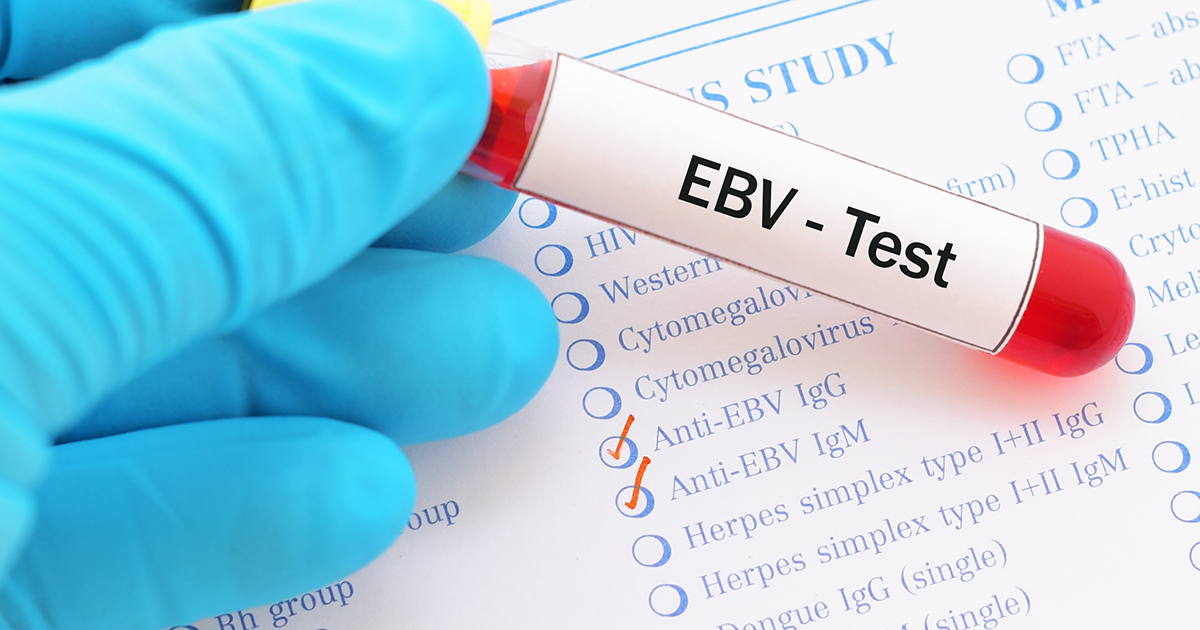Causes Of Acquired Hemolytic Anemia
Specific Viruses

Normally, the immune system makes proteins called antibodies to launch the attack on foreign invaders within the body, such as bacteria or viruses. Having certain diseases or specific viruses can raise your risk for acquired hemolytic anemia, such as Epstein-Barr virus (EBV), cytomegalovirus, hepatitis, and human immunodeficiency virus. In these cases, the body makes antibodies that mistakenly attack your supply of red blood cells.
EBV has become a common infection and affects as much as ninety-five percent of adults throughout the world at some time in their lives. It is typically asymptomatic leading to the clinical syndrome called infectious mononucleosis, which rarely produces complications. In some cases, however, patients may be faced with life-threatening autoimmune hemolytic anemia in association with an Epstein-Barr virus infection. It is important to seek diagnosis and treatment for both simple and complicated EBV infections.
Continue reading now to learn about the next cause of acquired hemolytic anemia.